Environmental Literacy in MD
Author: Olivia Liu, Upstream Alliance
In the spirit of learning, Upstream Alliance has partnered with Maryland superintendents to advance environmental education and literacy in the public school system across the Maryland and Chesapeake Bay regions.
At the Public School Superintendent’s Association of Maryland (PSSAM) conference this week; Upstream Alliance, Maryland Association for Environmental & Outdoor Education (MAEOE), Maryland Coastal Bays Program (MCBP) and former superintendent Kevin Maxwell hosted a session about greening schools. They emphasized the importance of environmental education and literacy, prompting superintendents to share questions, concerns, and successes with programs, projects and funding in their school districts.
Dr. Kevin Maxwell, founder of the Superintendents’ Environmental Education Collaborative (SEEC), spoke about the Maryland Green School legislation’s goal to get 50% of Maryland schools to be green schools by 2026. Green schools is a program that empowers students to practice environmental stewardship, encourages sustainability and fosters environmental literacy. One of the fondest memories he has of environmental literacy work was “watching a student in Annapolis working to seed oyster spat into the bay. She’d never been in downtown Annapolis, and the joy on her face was really memorable. It’s that kind of work we want to do to engage kids and have them doing hands-on work that helps them learn about the environment and not just read about it.”
Many other superintendents chimed in to share personal anecdotes. Dan Curry, from Calvert County, has facilitated his district to become 100% green schools with integrated environmental education at each grade level. He described a yearly 7th grade outing where students get the opportunity to paddle up the Patuxent River. They’re responsible for taking water samples and collecting evidence of sub-aquatic vegetation. Another superintendent, Donna Hanlin, of Wicomico County Public Schools, was awarded a grant to create an outdoor learning facility at each school. She shared that the partnerships with local environmental providers played a big role in the implementation and success of those facilities.
Dr. Patricia W. Saelens, President of PSSAM and superintendent in Queen Anne’s County, emphasized her excitement over the composting initiative in her district. She explained that “county executives have funded the grants to get composting coaches to help kids know the correct bins to use for trash, recycling, and composting.” Saelens’ district is 100% green schools.
The benefits of environmental education are undeniable. Due to Covid-19, the past two years have been extremely difficult for school districts across Maryland. However, PSSAM, with the help of partner organizations, is committed to getting back to normal and continuing these important projects and programs across the state.

